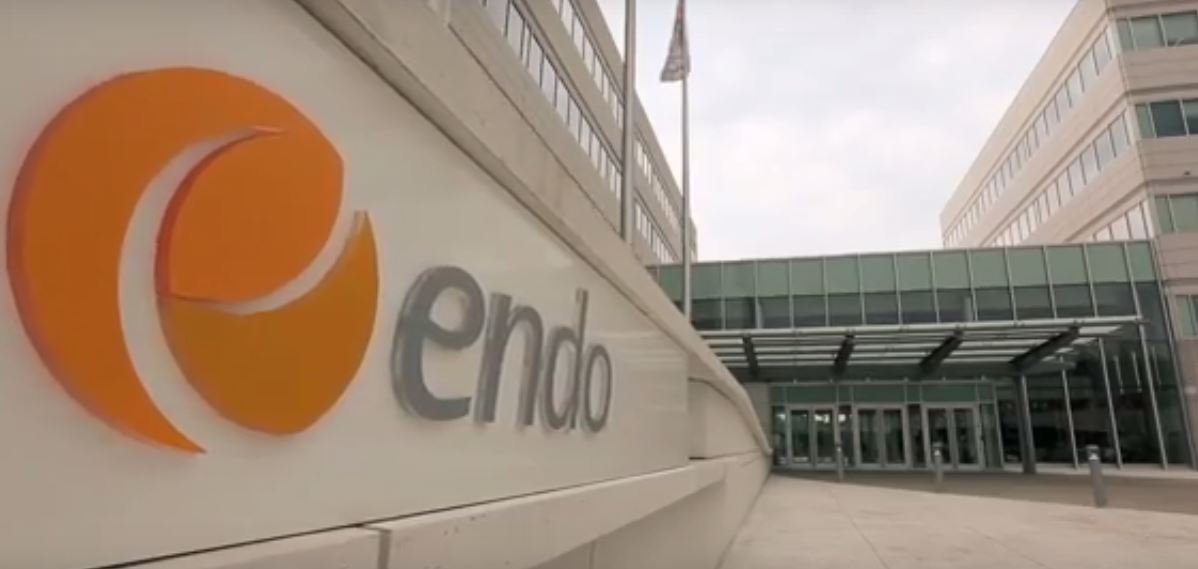Endo gives way and withdraws opioid painkiller after FDA pressure

Endo Pharmaceuticals has announced it will remove its Opana ER opioid painkiller from the US market, a month after the FDA requested because of the potential for abuse.
Dublin-based Endo said that it continues to believe that the Opana ER (oxymorphone hydrochloride) is safe and effective when used as intended, and has taken significant steps to combat misuse and abuse.
But in June the FDA asked Endo to withdraw the drug after a panel of advisers voted 18 to eight that benefits of Opana ER no longer outweighed its risks, amid a larger campaign against opioid painkiller abuse from new commissioner, Scott Gottlieb.
Reported net sales of Opana ER were $158.9 million for full-year 2016 and $35.7 million for the first quarter of 2017.
Endo expects to incur a pre-tax charge of around $20 million in the second quarter of 2017 as a result of the decision.
The drug is an opioid agonist indicated for the management of pain severe enough to require daily, around-the-clock, long-term opioid treatment and for which alternative treatment options are inadequate.
But the FDA felt compelled to act because of the scale of the opioid abuse crisis that is gripping parts of the US.
On Friday, Goldman Sachs said in a report that use of opioids has become a key factor in why “prime age” workers, mostly men, are unwilling to find work.
A shrinking labour force relative to the population tends to hold back economic growth and wages, and the opioid addiction crisis is having a knock-on economic effect according to the report.
In an opinion piece in the Journal of the American Medical Association (JAMA) last week, Gottlieb said the agency will consider public health concerns as well as safety and efficacy data when making regulatory decisions about opioids.
Gottlieb said: “For opioid drugs, reviewing all the available information requires extensive additional review—in both pre-approval and post-approval settings—to assess the risk for misuse and abuse.”
In the case of Opana ER, post-marketing evidence suggested a reformulation had made the drug easier to cook up and inject.
This had been linked to a serious outbreak of HIV and hepatitis C infections in Indiana and thrombotic microangiopathy.
The FDA does not have mandatory recall authority for drug products but in urgent situations may request that a company remove a product from the market.
But if the company does not comply, the agency can initiate formal withdrawal proceedings and Gottlieb said the FDA is “committed to taking decisive action, grounded in the available science” to combat the opioid crisis.
Purdue Pharma, which also supplies opioid painkillers to the US market, told pharmaphorum earlier this year that it aims to develop alternative therapies.












